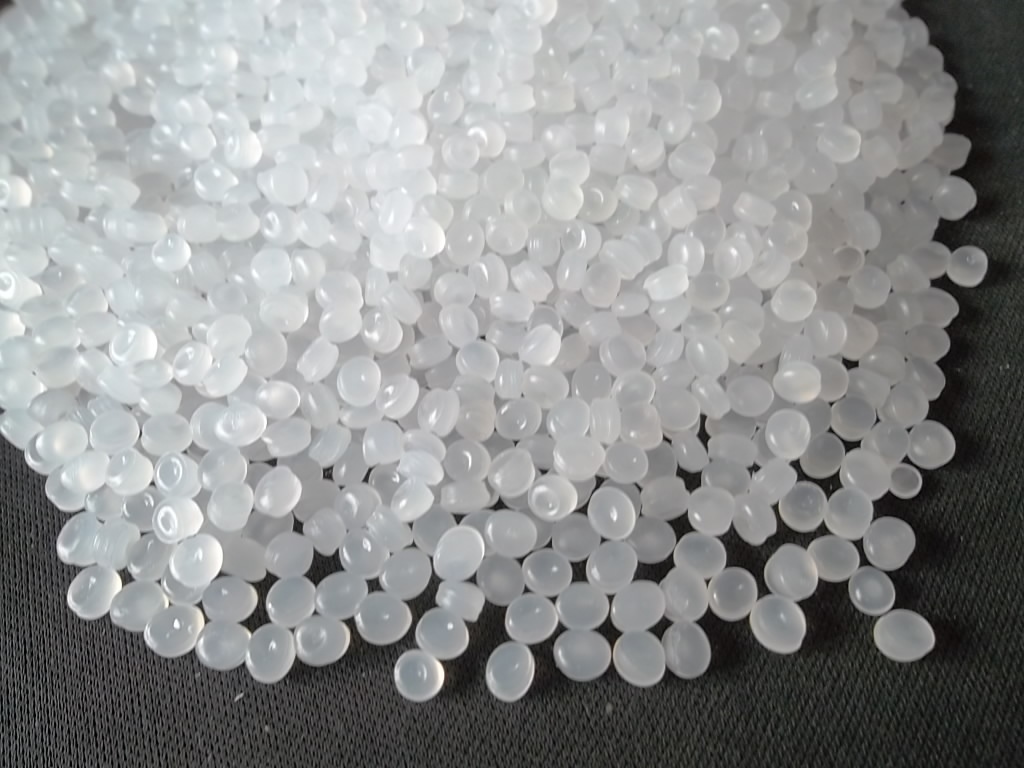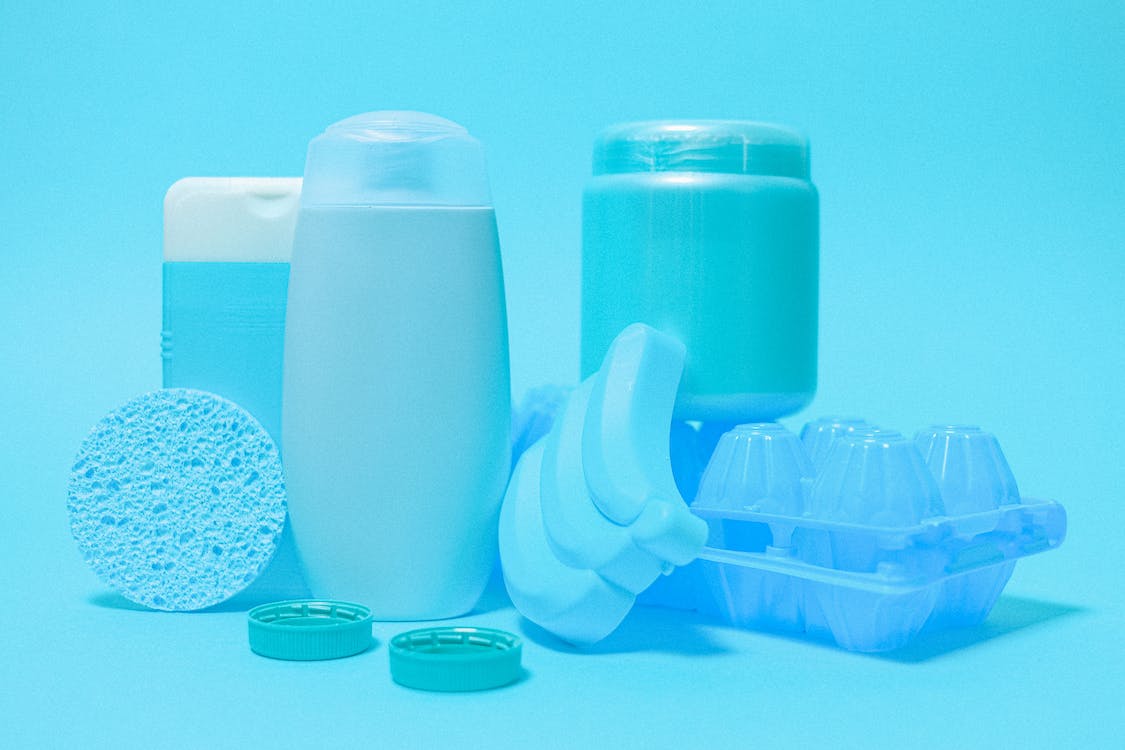Polypropylene plastic granules are a widely used material in various industries, thanks to their exceptional properties and versatility. In this comprehensive overview, we will delve into the world of polypropylene plastic granules, exploring their characteristics, applications, benefits, and potential drawbacks. Whether you’re a professional in the plastics industry or simply curious about this remarkable material, this article will provide you with valuable insights and a deeper understanding of polypropylene plastic granules.
What Are Polypropylene Plastic Granules?
Polypropylene plastic granules, often referred to as PP granules, are small pellets made from polypropylene, a thermoplastic polymer. These granules are produced through a process called polymerization, which involves the combination of propylene monomers under specific conditions. The resulting material exhibits a range of desirable properties, making it highly sought after in numerous applications.
Characteristics of Polypropylene Plastic Granules
Polypropylene plastic granules possess several unique characteristics that contribute to their widespread use. Let’s explore some of the key properties of these granules:
- High Strength and Durability: Polypropylene plastic granules exhibit excellent strength and durability, allowing them to withstand rigorous handling, mechanical stress, and temperature variations.
- Chemical Resistance: PP granules are highly resistant to various chemicals, including acids, bases, and solvents. This property makes them suitable for applications where exposure to corrosive substances is a concern.
- Low Density: With a relatively low density, polypropylene granules are lightweight compared to many other plastic materials. This characteristic contributes to their use in applications that require reduced weight and improved fuel efficiency.
- Heat Resistance: Polypropylene plastic granules have a high melting point, enabling them to withstand elevated temperatures without significant deformation. This property makes them suitable for applications involving heat exposure, such as automotive components and household appliances.
- Electrical Insulation: PP granules possess excellent electrical insulation properties, making them ideal for applications in the electrical and electronics industry, such as cable insulation and electrical enclosures.
- Recyclability: Polypropylene is a highly recyclable material, allowing for the production of sustainable products and reducing environmental impact.
Applications of Polypropylene Plastic Granules
Polypropylene plastic granules find widespread use in various industries due to their versatile properties. Here are some of the key applications of PP granules:
Automotive Industry
The automotive industry extensively utilizes polypropylene plastic granules for manufacturing components such as bumpers, interior trims, dashboard parts, and battery casings. The material’s lightweight nature, durability, and ability to withstand high temperatures make it highly suitable for these applications.
Packaging
PP granules are widely employed in the packaging industry for the production of containers, bottles, caps, and films. The material’s chemical resistance, low weight, and cost-effectiveness make it an excellent choice for packaging perishable goods, beverages, and personal care products.
Textile Industry
Polypropylene granules are utilized in the textile industry to produce fibers, non-woven fabrics, and geotextiles. The material’s moisture resistance and durability make it suitable for applications such as outdoor textiles, disposable medical clothing, and carpet backings.
Household Goods
Many household goods, including kitchenware, furniture, storage containers, and toys, are manufactured using polypropylene plastic granules. The material’s versatility, low cost, and ease of processing make it a preferred choice for these applications.
Electrical and Electronics
Due to its excellent electrical insulation properties, polypropylene granules are extensively used in the electrical and electronics industry. Examples of applications include cable insulation, electrical connectors, switches, and capacitors.
Medical and Healthcare
In the medical and healthcare sectors, polypropylene plastic granules are employed in the production of medical devices, syringes, vials, and containers. The material’s chemical inertness, sterilizability, and transparency make it suitable for these critical applications.
Conclusion
In conclusion, polypropylene plastic granules offer a wide range of advantages that make them a popular choice in various industries. Their high strength, durability, chemical resistance, low density, and recyclability contribute to their versatility and sustainability. From automotive components to packaging, textiles to household goods, and electrical applications to medical devices, polypropylene plastic granules play a significant role in numerous sectors. Understanding the characteristics and applications of polypropylene plastic granules is essential for professionals working with plastics and individuals interested in the material’s properties. Embracing the potential of polypropylene plastic granules can lead to innovative and sustainable solutions in today’s evolving world.



